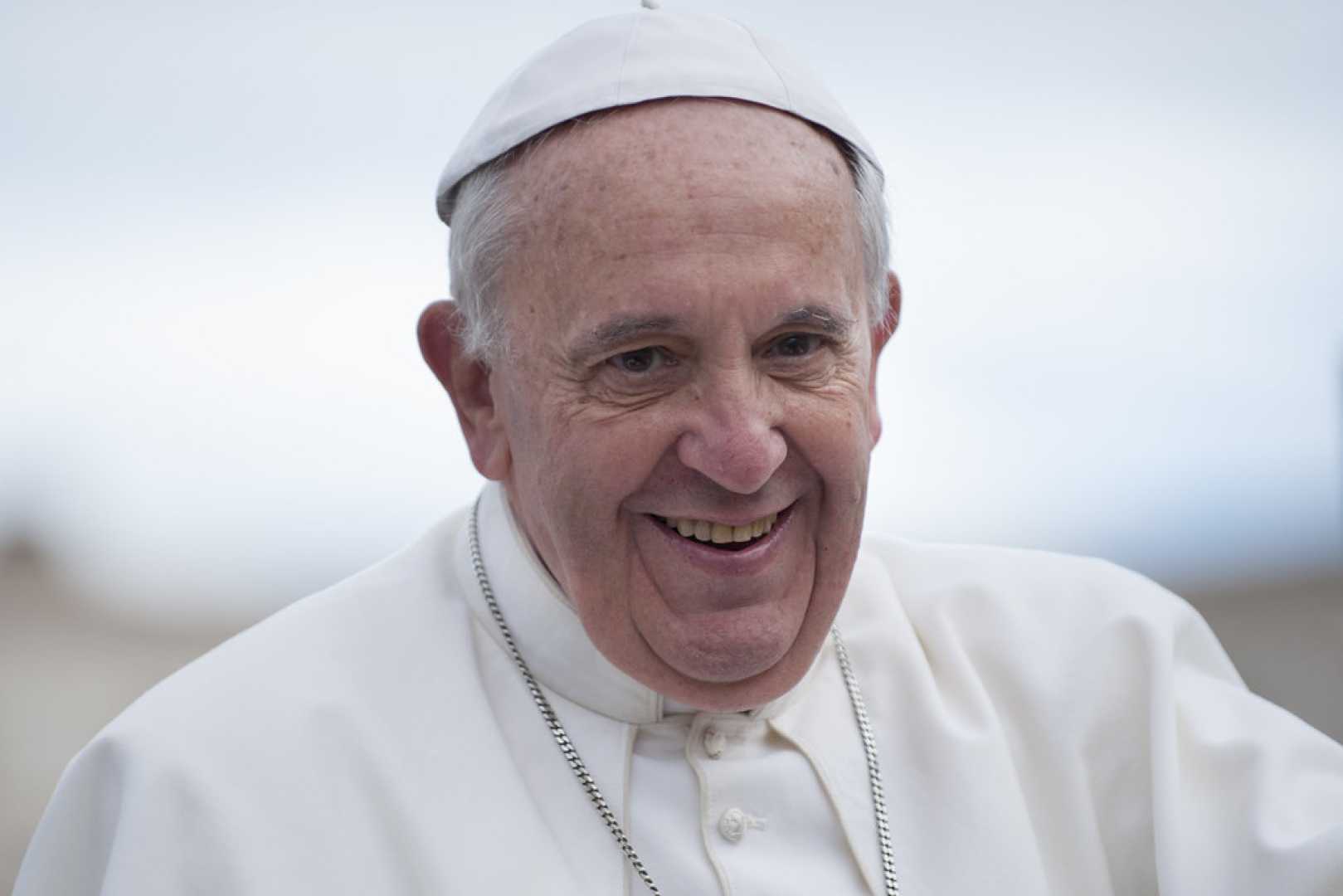World
Pope Francis, First Latin American Pontiff, Dies at 88

Rome, Italy — Pope Francis, the first Latin American to lead the Catholic Church, died on April 21 at the age of 88, the Vatican announced. His passing marks the end of a notable papacy, during which he was both hailed as a reformer and criticized for challenging longstanding traditions.
Cardinal Kevin Farrell expressed deep sadness in an official statement, saying, “Today, we mourn the loss of our Holy Father Francis, who has joined the heavenly Father at 7:35 AM. His leadership has profoundly impacted millions around the world.” Following a series of health issues, including a double pneumonia, Francis passed away after a long health decline.
Elected on March 13, 2013, Francis, born Jorge Mario Bergoglio in Buenos Aires in 1936, became a surprise choice for many, being a Jesuit and non-European. His election came after the historic resignation of Pope Benedict XVI. He chose the papal name Francis to reflect his dedication to the poor and marginalized, symbolizing a humble church in service to humanity.
Throughout his tenure, Francis focused on several key issues, including poverty, migration, and climate change. He made headlines with his 2015 encyclical, *Laudato Si’*, which called for urgent action on climate change and criticized consumerism. He often referred to the suffering faced by migrants and urged global leaders to exhibit compassion and solidarity.
In a move that shocked many, Pope Francis washed the feet of a diverse group of individuals, including prisoners and migrants, during Holy Week, reinforcing his message of humility and service. He was often seen as a champion for the voiceless, advocating for social justice and environmental responsibility.
Despite facing opposition from conservative factions within the Church regarding his views on issues such as marriage and family, Francis persisted in promoting a more inclusive and understanding approach to Catholic doctrine. His commitment to interfaith dialogue and outreach to diverse communities set him apart from his predecessors.
Francis’s health challenges began in early 2021 when he underwent surgery for part of his colon, followed by a string of hospitalizations related to ongoing complications. Despite these health struggles, he continued to travel extensively, including a recent trip to Asia in September 2024.
Hailing from a modest background—his father was an Italian immigrant and railway worker—Francis’s personal history informed his commitment to social justice. Friends and colleagues remembered him not just as a leader, but as a genuine individual who listened deeply and acted with compassion.
World leaders have expressed their condolences, acknowledging the profound impact of Pope Francis’s work. Irish Prime Minister Micheál Martin referred to him as a “champion of justice” for the poor, while German Chancellor Friedrich Merz highlighted his humility and faith, calling for a continued legacy of compassion in the world.
A myriad of tributes also emerged from various sectors, reflecting on his commitment to interreligious dialogue and service to those in need. Ursula von der Leyen, President of the European Commission, praised his ability to inspire millions beyond the Catholic Church.
As the Catholic Church prepares for a new chapter following Francis’s death, his journey remains a testament to the Church’s ongoing struggles with modernity while holding onto core values of faith and compassion. The organization must now navigate the tasks ahead, defined by the enduring influence of Pope Francis.












